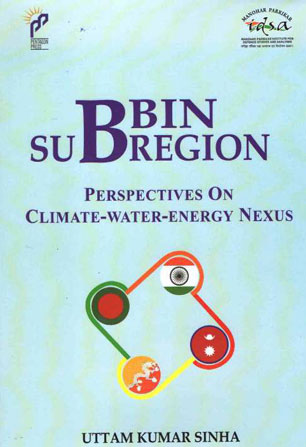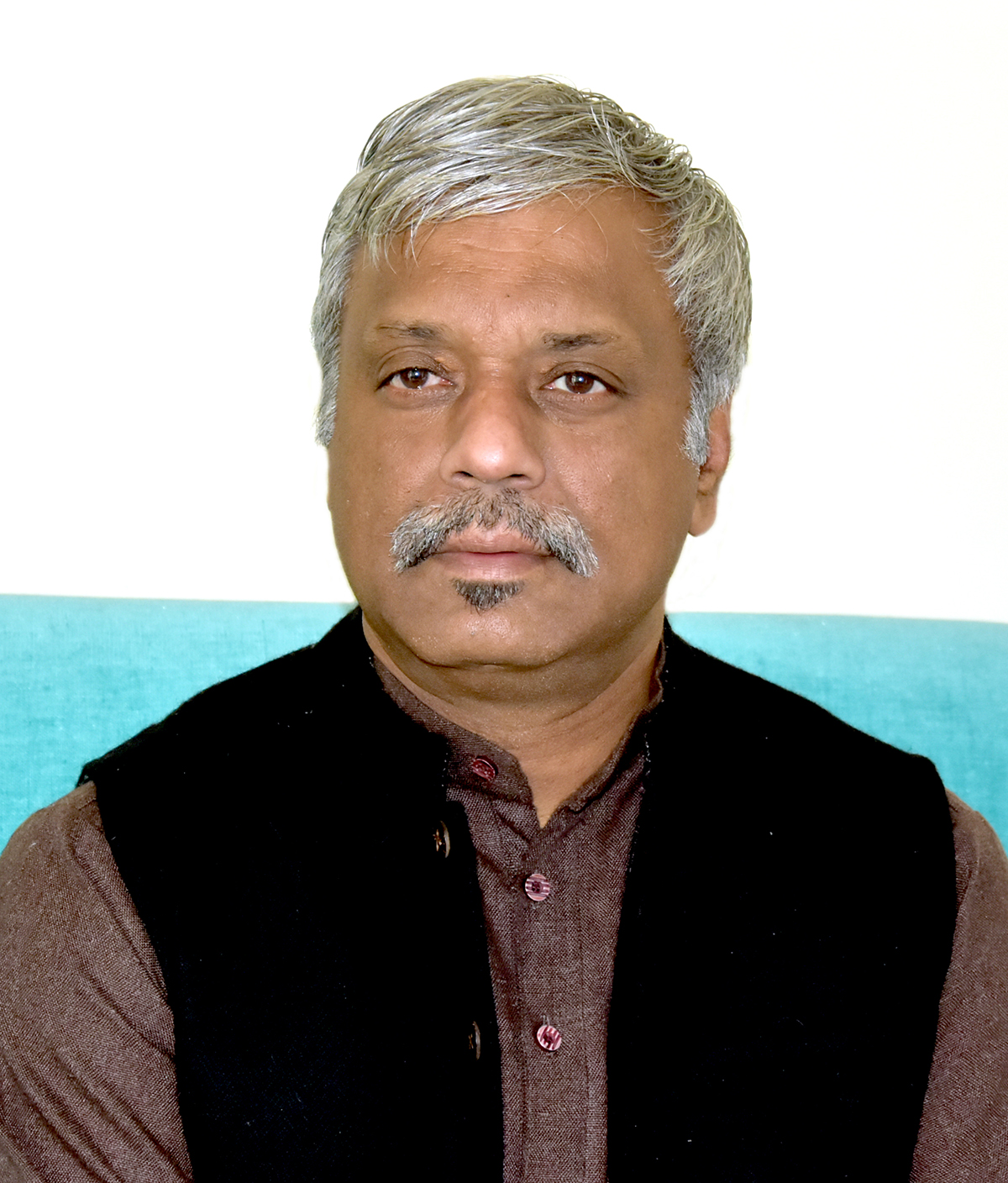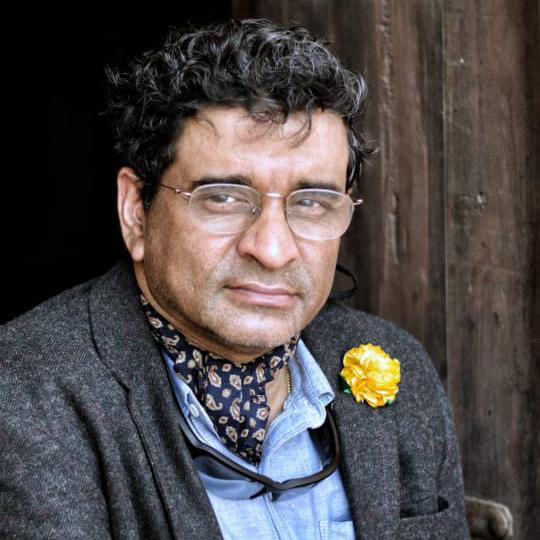Energy Transition: Strategic Necessity for India
After his landmark speech on energy independence on the eve of India's 59th Independence Day, President Abdul Kalam emphasised upon the importance of alternative fuel development to surmount the growing challenges to energy security in his opening address at the Bio-Diesel Conference on June 9, 2006. His emphasis on energy independence places immense importance on India's energy security, as the country is increasingly dependent on imported fuels.
- J Nandakumar
- June 26, 2006











